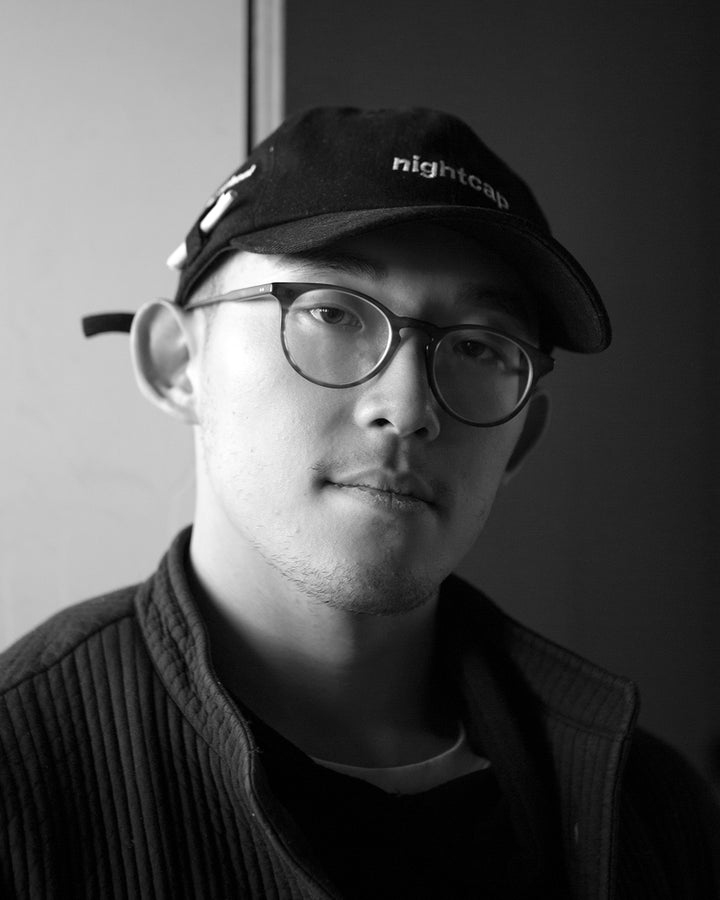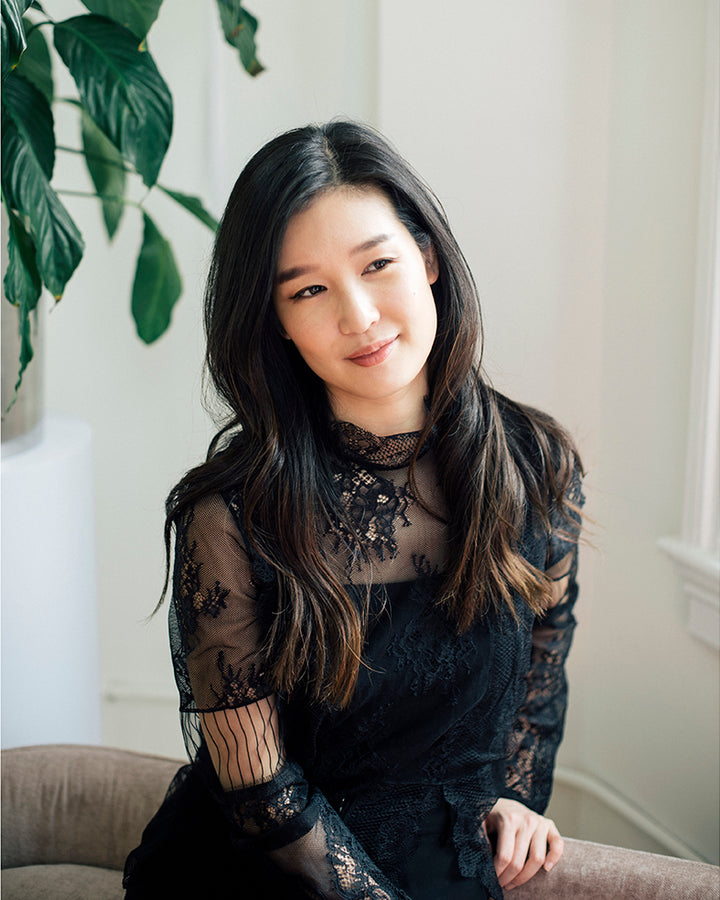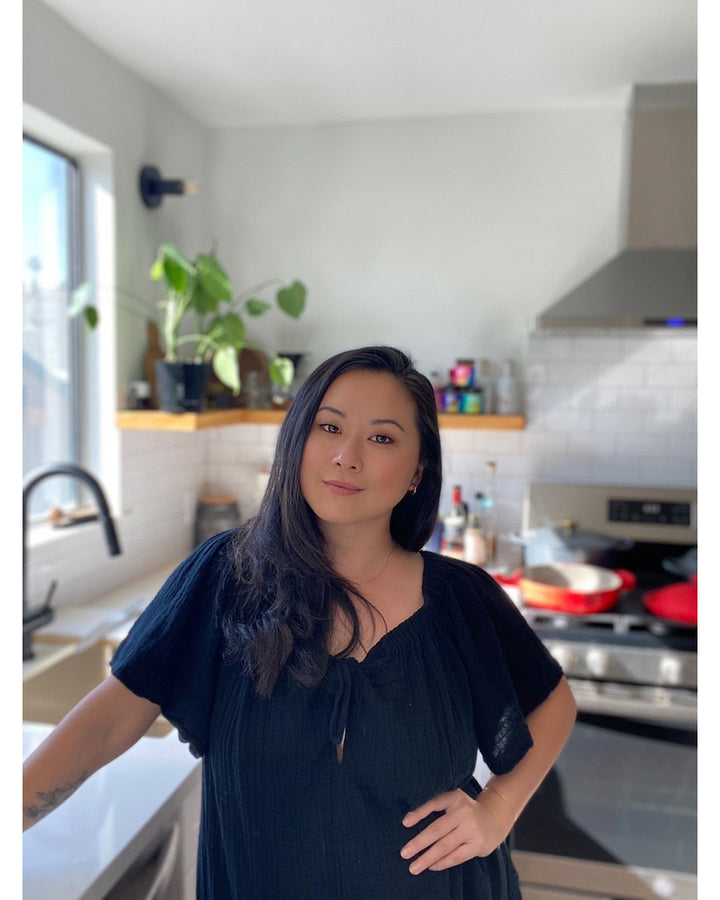Support Series — Lenne Chai

Lenne Chai
Meet Lenne (she/her)
—
Photographer and Director based in Los Angeles. She enjoys creating sociopolitical personal work inspired by her dystopian homeland of Singapore. She took some time to share with us her work and what Support means to her.


As a BIPOC creative, what does “support” mean to you?
I think support comes in the form of promoting equity and inclusivity where possible, whether it comes in the form of sharing work opportunities, celebrating the work of BIPOC creatives, or contributing to the community.

Who has supported you and why was it meaningful?
There are too many people to name! When I first visited the US I knew absolutely no one, and I've gotten by with the help and kindness of so many strangers. I'm especially grateful to my agents who took a chance on me, the editors who trusted me with opportunities, and friends-turned-family in my home away from home.
What is your cultural heritage and how has it influenced your work?
I come from Singapore, a place I frequently describe as my dystopian homeland, and a lot of my work is inspired by social issues or discussions back home. I enjoy using photography to imagine what Singapore could be like if things were different, though the experience is bittersweet, to say the least.


Why is DEI (Diversity, Equity, and Inclusion) important to you and your industry?
Despite being raised in Asia, I grew up in a country where billboards and magazines are dominated by Caucasian models, leading me to believe that only a Eurocentric idea of beauty could be considered "fashionable". While I'm relieved to have grown out of that mindset, it's taught me the importance of having diverse creatives both in front of, and behind the camera – sharing their stories, perspectives, and life experiences. Whether it's in the US, or in Singapore, I think we still have such a long way to go in terms of truly diverse representation, but I'm glad we've progressed.

Why are telling BIPOC stories important to you?
Being raised in an environment where identity is frequently dismissed, it was through interacting with BIPOC work, spending time with Asian American friends, and living in the US that led me to question my nation's colonial history. Why was I raised in Asia to speak a foreign tongue (English) as my first language, and why were we taught to be proud of it? Whilst providing a new lens to examine my upbringing with, BIPOC stories have helped me to become more empathetic to other communities, learn to be more critical of our shared colonial past, and I hope that the stories I share may do the same for others.


Any words of advice or encouragement to BIPOC creatives just starting out?
Do lots of homework about who's who in the industry, and don't be shy to (politely) reach out to the people you admire! Having super thick skin helps to weather through all the inevitable rejections too. I believe in you!



